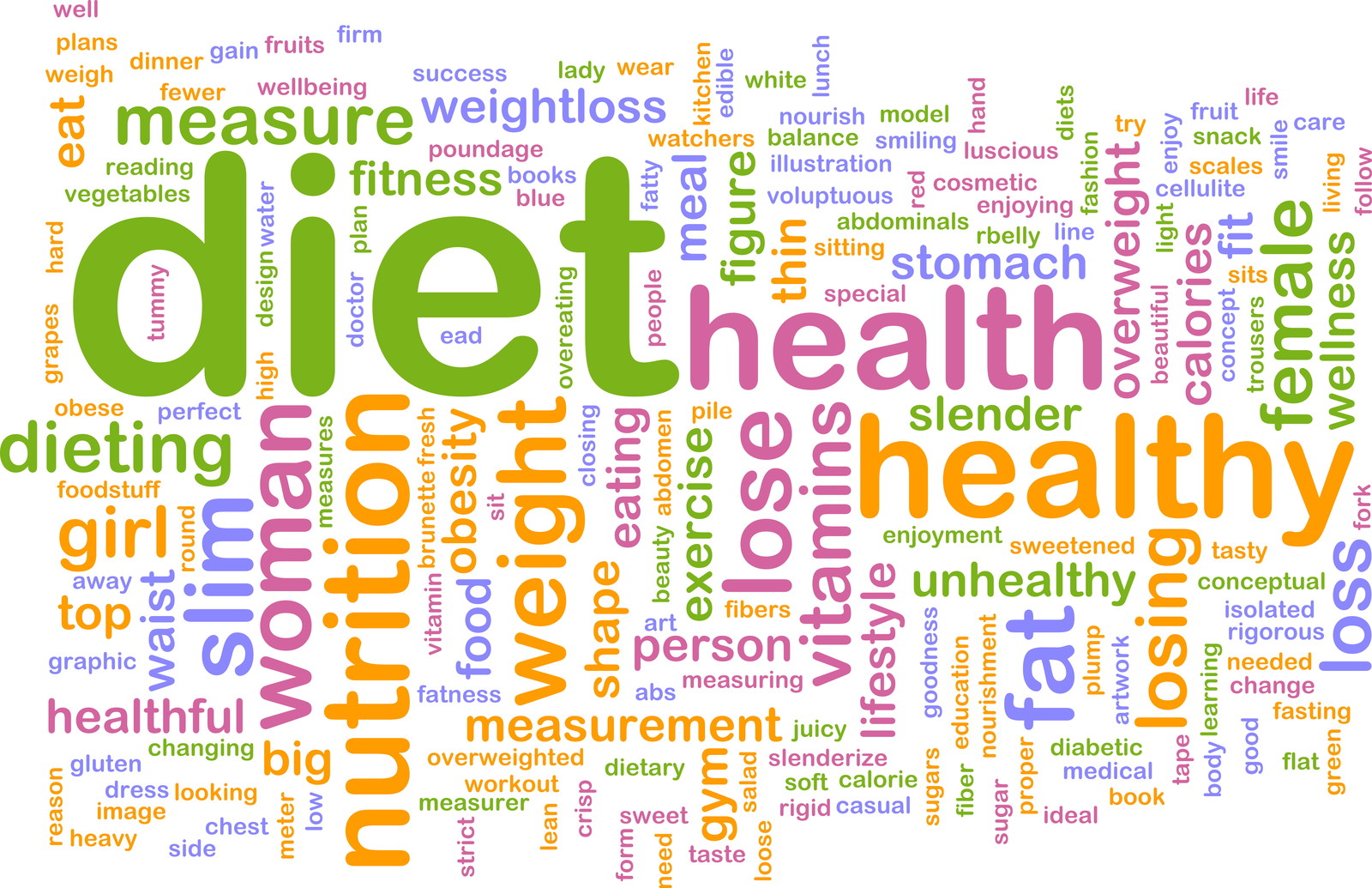[ad_1]
To some extent, most of us would say that there is no such thing as a “good” diet. Why we would think such positive things about a word that invokes feelings of torture and suffering? If a diet was so easy, we would all be fit and healthy-right?
Despite what you may think, a diet doesn’t have to be all rabbit food and no fun. There are ways you can still achieve a healthy lifestyle, and still be happy with your diet plan. Here’s how:
1. Do Your Research
Instead of diving head-first into a plan that starves you and your body of essential nutrients, look for a diet that satisfies your hunger, while giving your body the proper foods it needs.
Calories are important when it comes to weight loss, but you need to have a certain amount daily, depending on your metabolic rate and your current activity levels. Before starting on any diet, it’s important that you speak with your physician or a weight loss specialist in order to determine if the diet you’ve selected is right for you.
A good diet will also promote healthy weight loss, not rapid weight loss. Rapid weight loss plans are the ones that promise double digit weight loss in a matter of just days or weeks. This type of weight loss is not healthy, and is not an appropriate solution to managing your long-term goals and needs.
Speaking of these over-the-top promises…
2. Keep Reality in Focus!
Don’t expect to lose weight by strictly just working out at the gym six days a week, or only eating one meal per day. Instead of giving you the desired weight loss results you are looking for, this type of plan will do the opposite.
Intense exercise without a proper diet can lead to a lot of serious health problems, including: dehydration, malnutrition, headaches, dizziness, and even hair loss! You also won’t lose any weight simply because your body will take in any calories it consumes and store it as fat.
You need to eat at least three meals a day if you are going to maintain a good diet. Our body uses nutrition from food as energy. If our body doesn’t get this needed energy from food, it will get the energy it needs from muscular and cellular tissues instead.
This is why so many fasting diets and starvation diets make the person feel energy depleted and tired. They aren’t getting enough nutrition from their diet.
Keep reality as a priority, and never try to lose more weight than your body can handle.
3. Track Your Goals and Stay Motivated
If you want to stick with a good diet, it’s always important that you keep your goals handy.
Don’t say you are going to achieve something: write it down!
Putting it on paper and tracking your weight loss week by week will help you maintain your initial motivation. If need be, make a big calendar where you can simply pull the pages away, day by day, and week after week. This will also make the whole process go by a lot faster, and seem a lot less painless.
[ad_2]
Source by Amanda J. Paul
